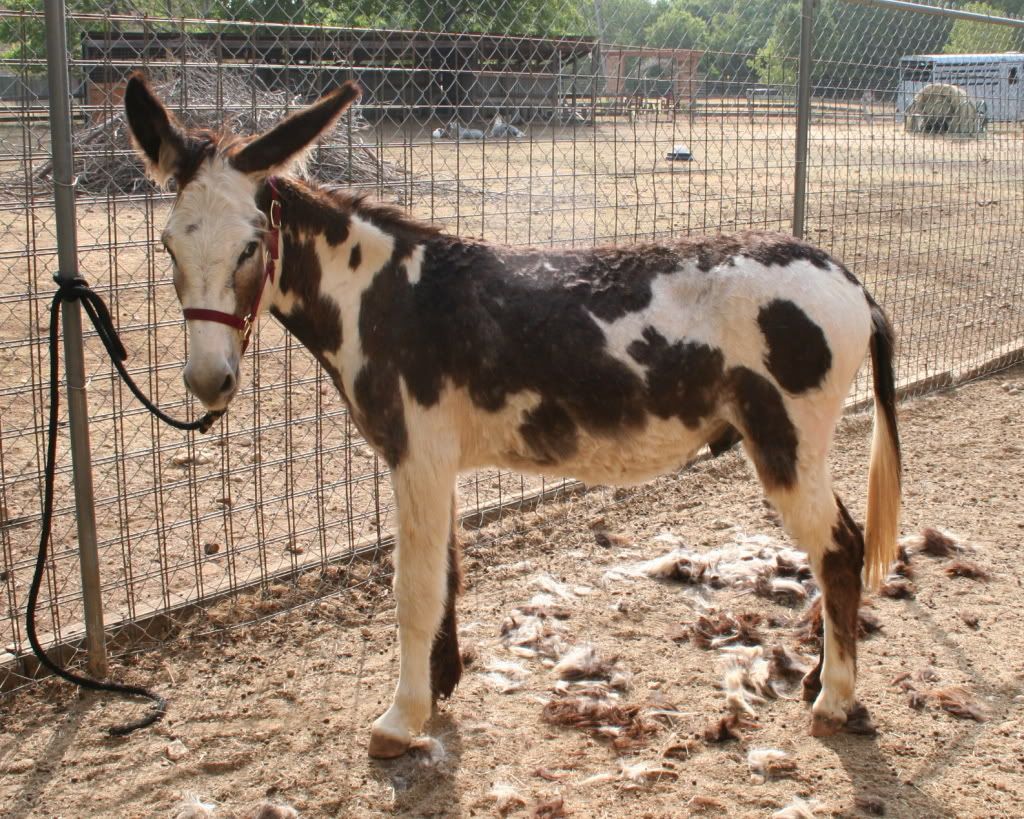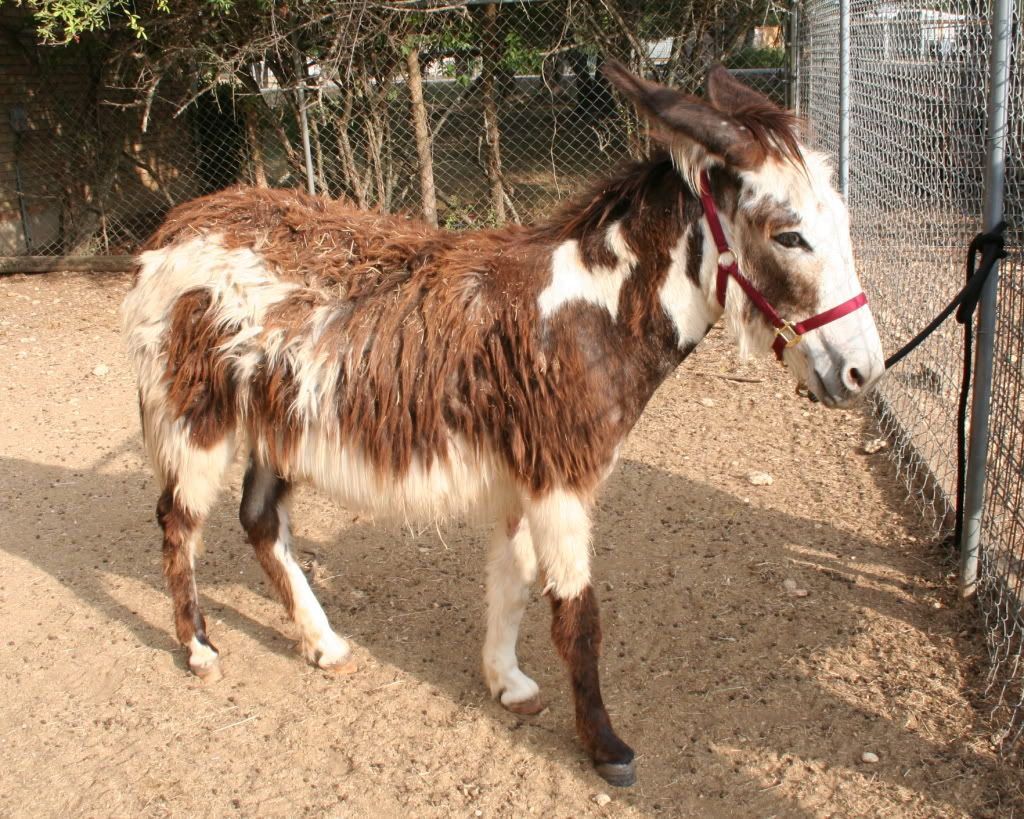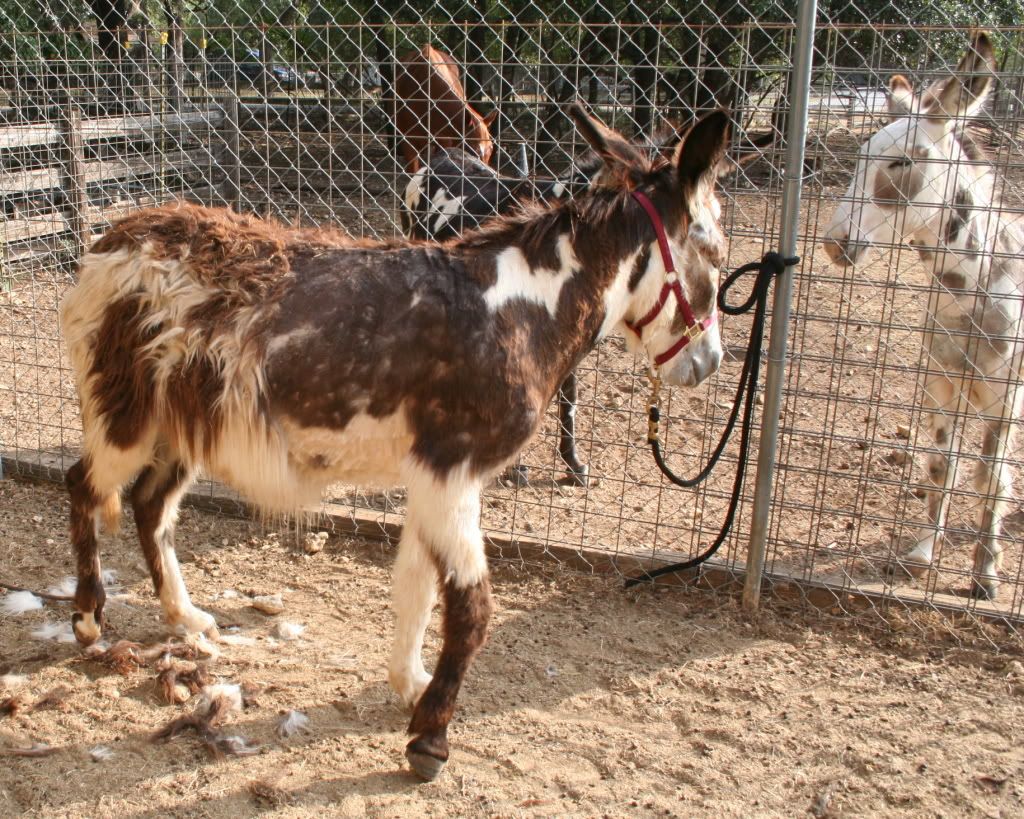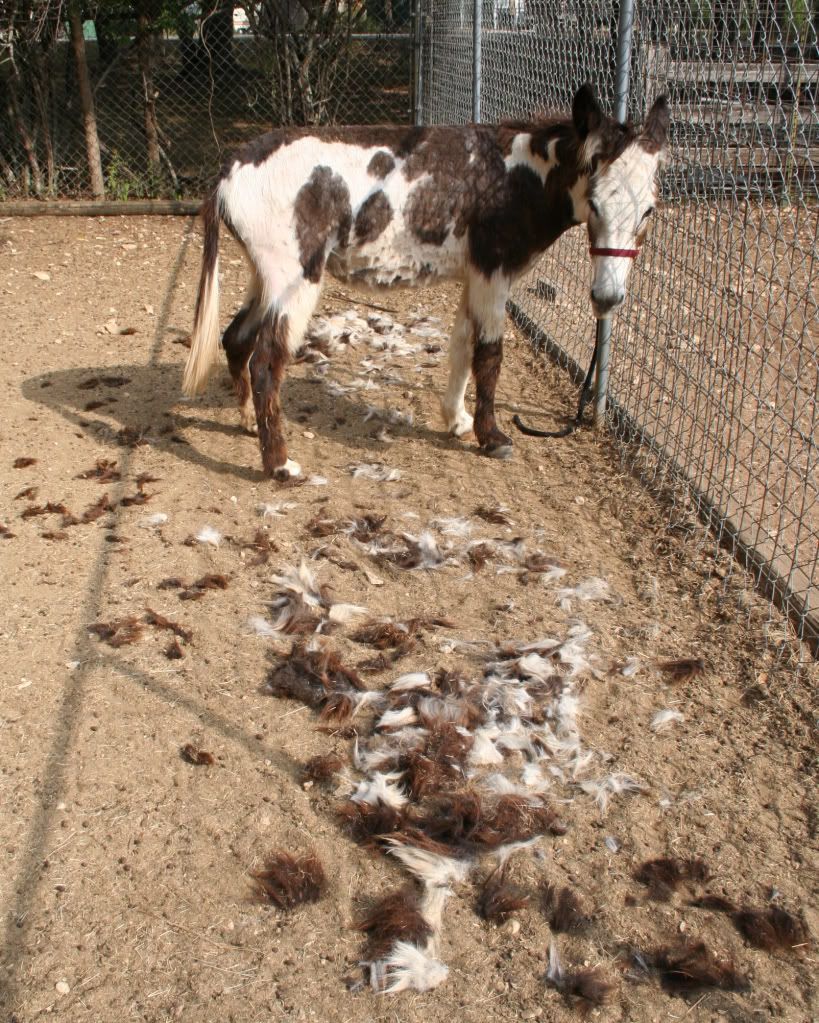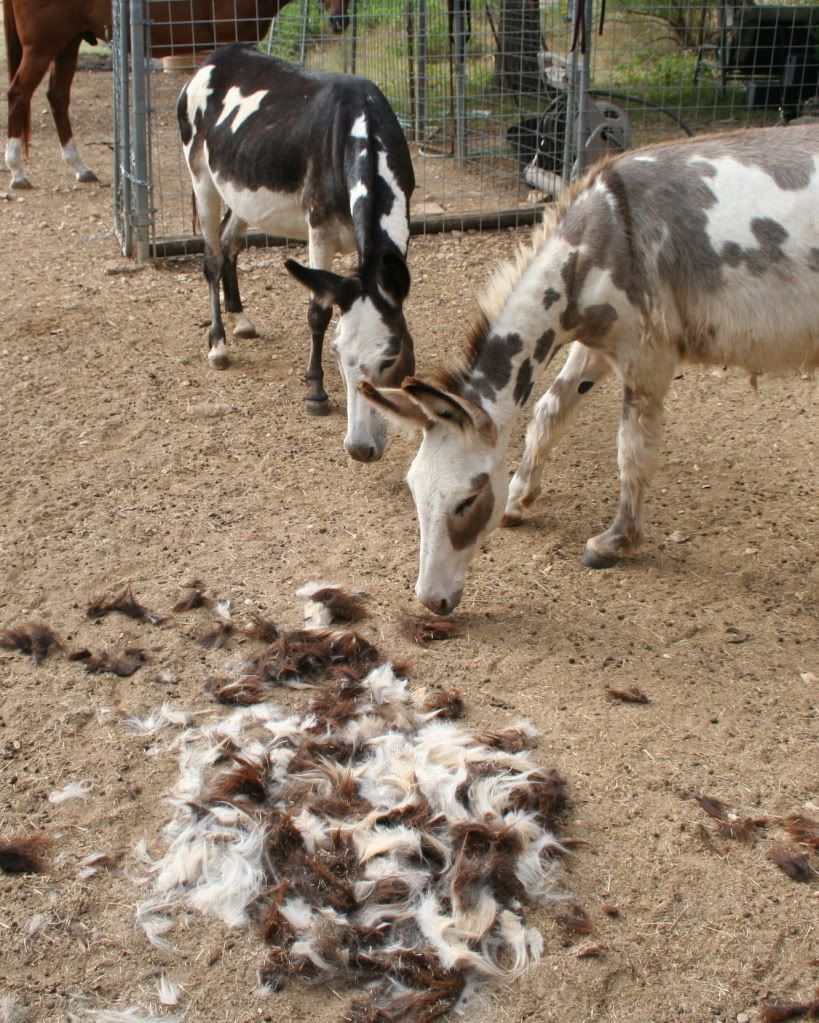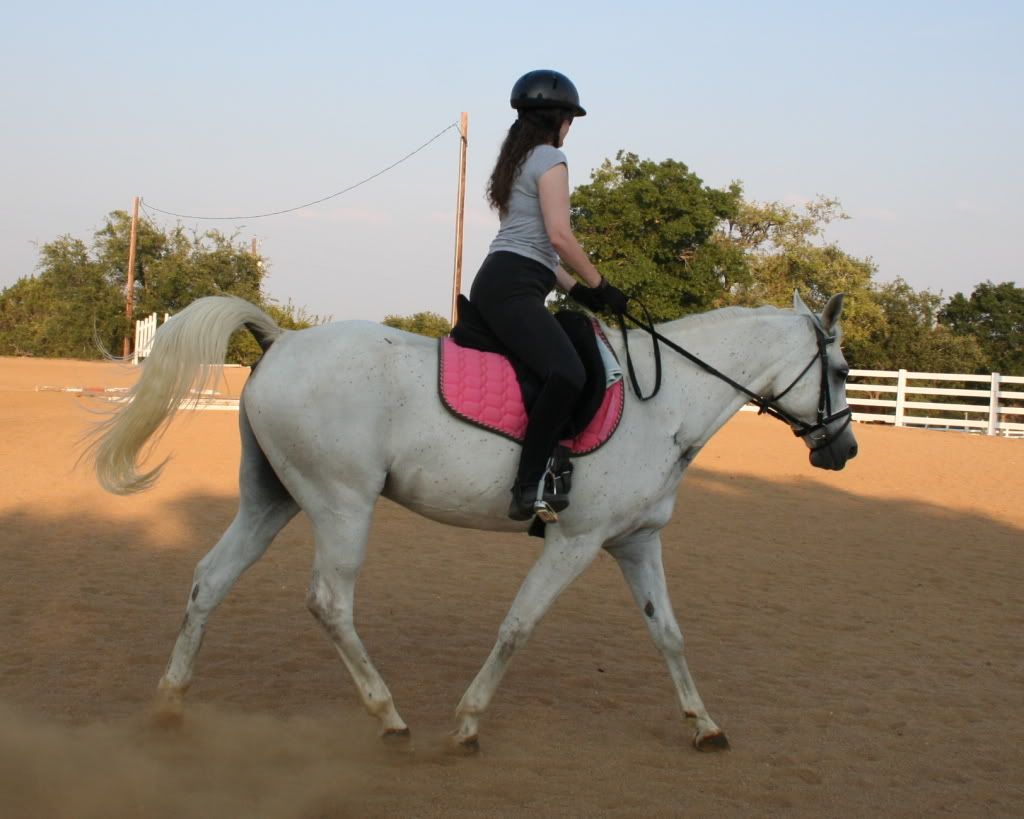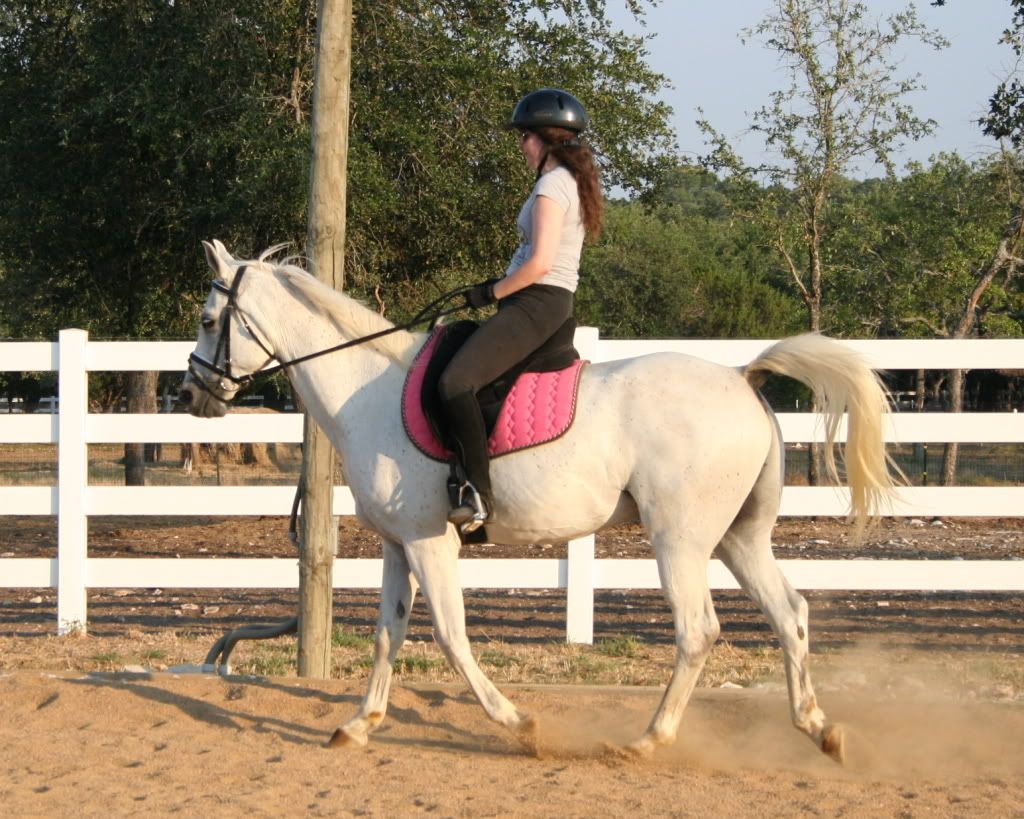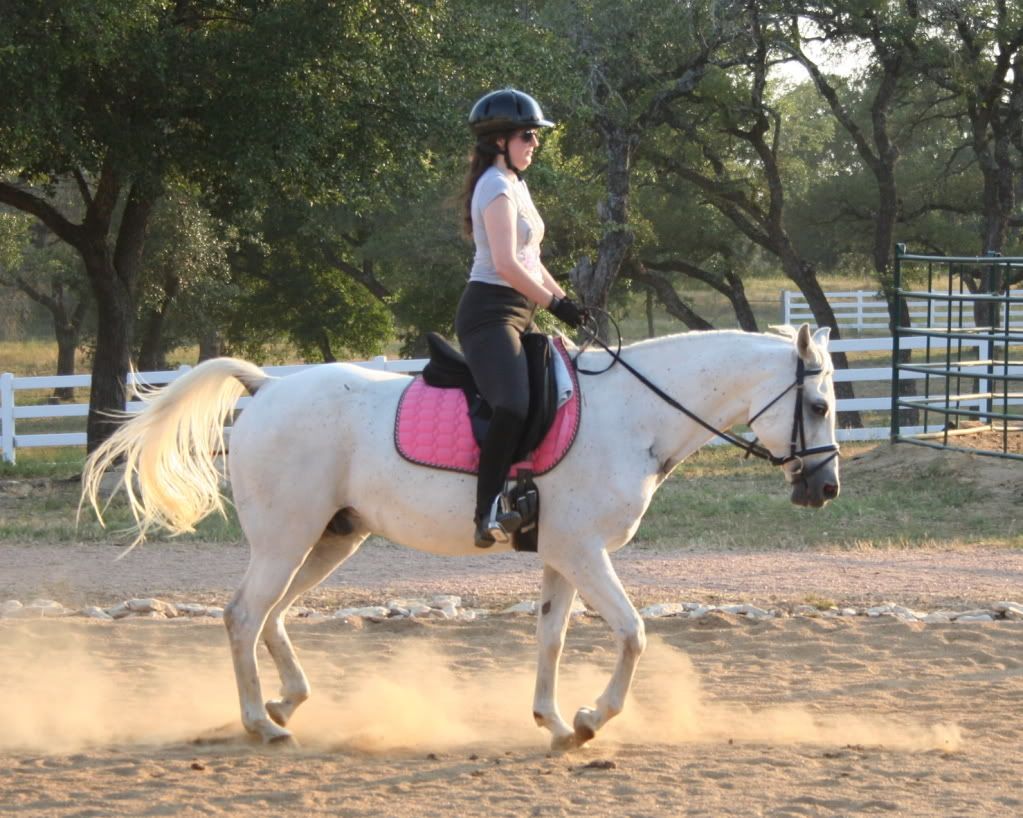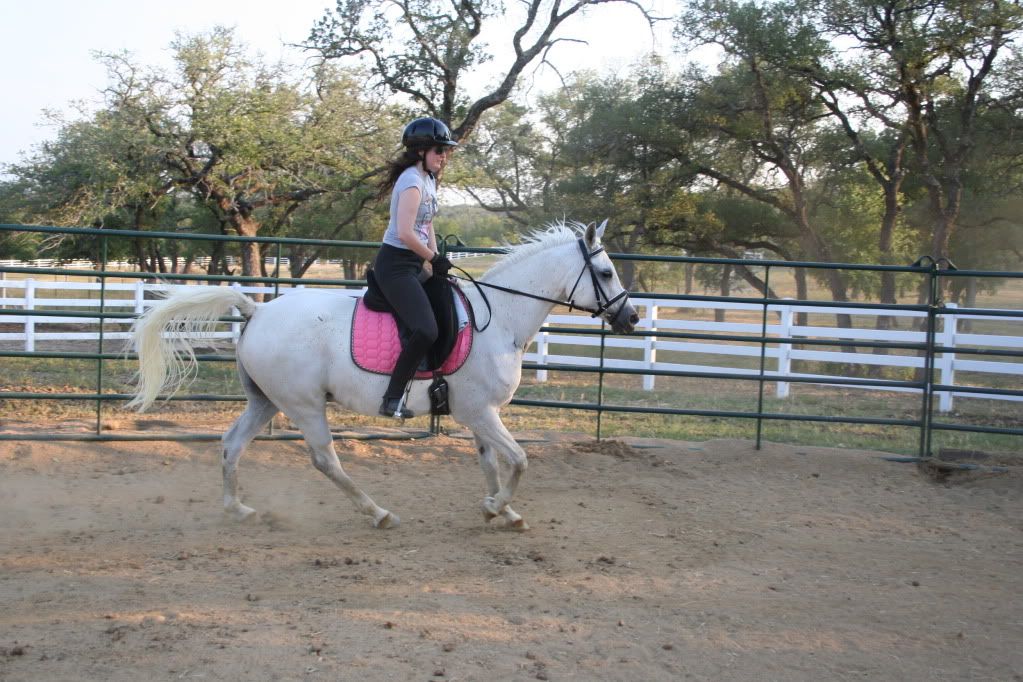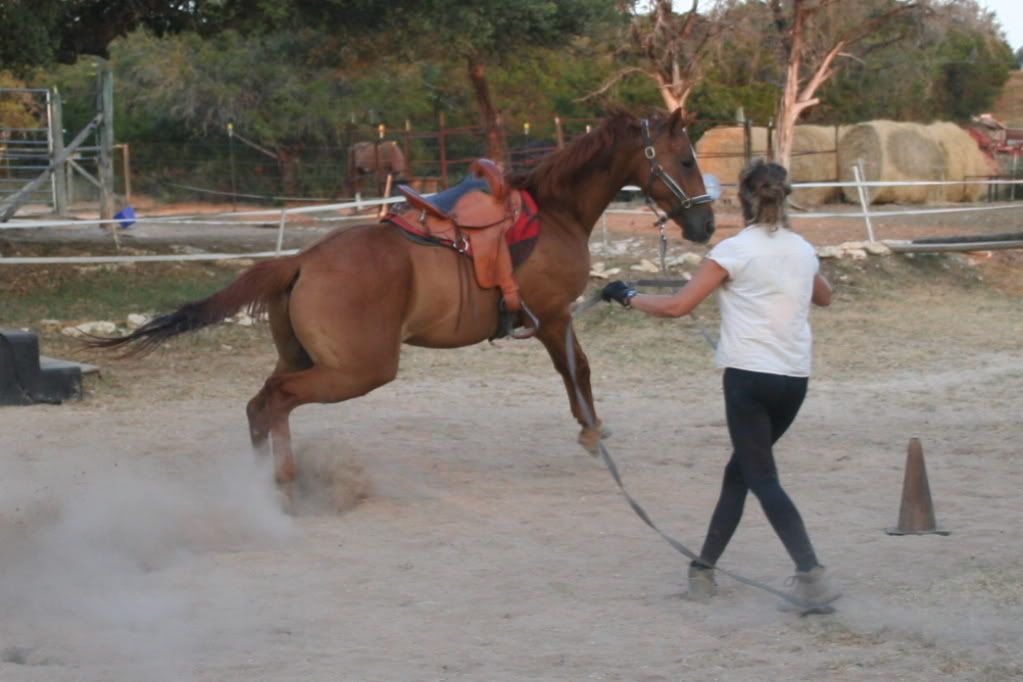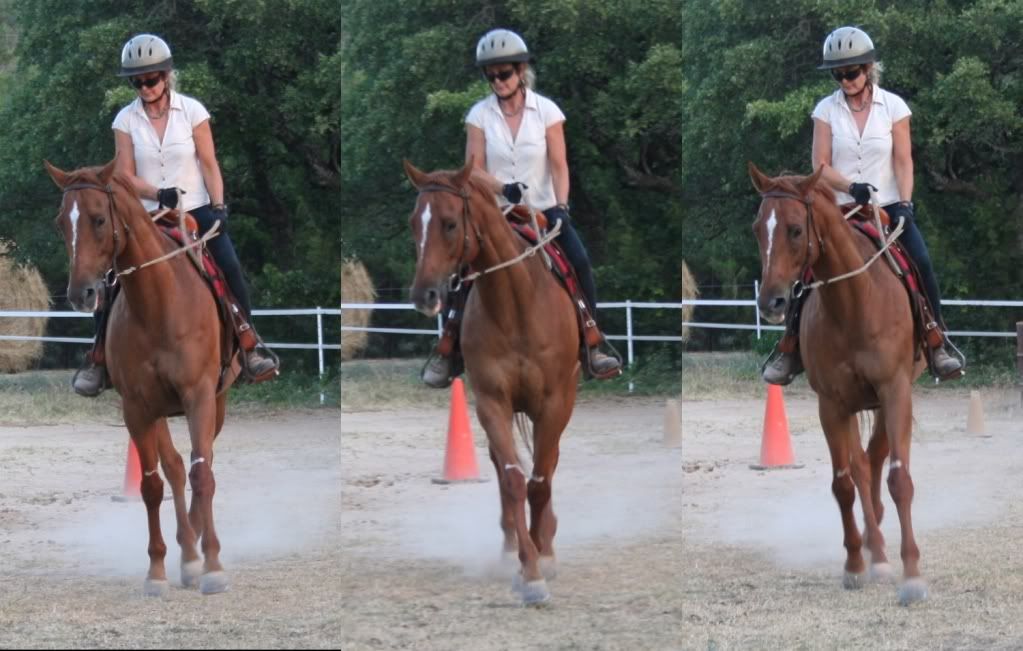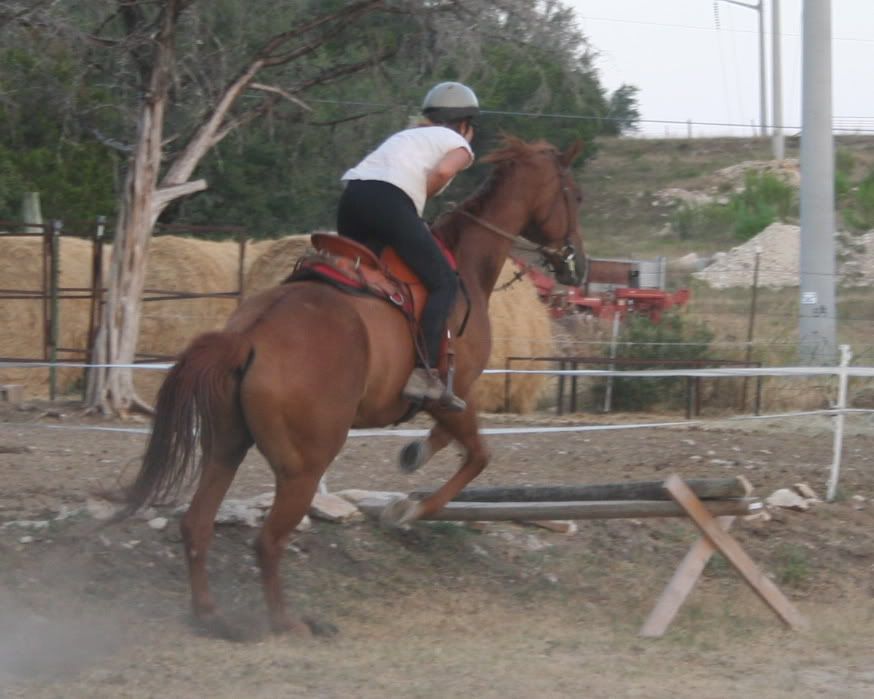It has come to my attention that most people really don't know that much about
clinical depression and have even less understanding of what an anxiety disorder is. So I'm going to try and explain a little about what these psychological illnesses do to me not just emotionally, but physically. I did earn a bachelor's degree in psychology when I was in college, but that was over twenty years ago. And frankly, the very basic knowledge that you get from a BS in psychology isn't that useful. So everything I am going to talk about in this post is based on my own personal experience and many, many years of therapy. However, I did use google and wikipedia occasionally to make sure that I was using terminology correctly, and in doing so discovered some new and useful terms to use to describe and define my problems.
My main problem is anxiety. The depression seems to be more of a side effect of the anxiety, though that may be an incorrect assumption on my part. So what exactly is an
anxiety disorder? There are actually several different kinds of anxiety disorders that may occur separately or in combination. I not only suffer from
Generalized Anxiety Disorder (GAD) which is basically just chronic worry and stress (and which seems to me to be the foundation for most of my other anxiety disorders), but also from Panic Disorder, Enochlophobia, Agoraphobia and some type of Social Anxiety Disorder(anthropophobia or possibly Post Traumatic Stress Disorder). I also suffer from a sleeping disorder that may or may not be related to my anxiety and/or depression.
Panic Disorder seems to be just a more extreme form of GAD. Basically, it means having continuing or recurring physiological fear responses(fight or flight responses) when there is no reason to be afraid. Or when there is reason, having an extreme response when only a mild response is called for. In my case, among other things, it means that I have panic attacks even when there is nothing to be afraid of, and when something stressful actually does happen, these panic attacks can become so severe as to be completely incapacitating. So what exactly happens to me during a panic attack?
When most people think of panic attacks, they imagine the movie version where the person screams and flails about and/or hides in a closet curled up in the fetal position. Well, some panic attacks are like that. And I have experienced that kind, but not very often. In reality, like most things psychological, panic attacks can vary in extremity from mild to full blown. Most of my attacks vary from mild to somewhat intense. A very mild panic attack can simply involve an elevated heart rate and quick shallow breathing. I may not even be consciously aware of one of these mild attacks until Foxfire asks me what's wrong. Somewhat intense panic attacks might include a pounding heart, difficulty breathing, headache, the feeling that your skin is jumping/twitching(possibly caused by spiking blood pressure and/or hyper-firing nerve endings), involuntary muscle twitches, nausea, cold or hot sweats, racing thoughts, difficulty thinking, blurred vision and/or diminishment of physical co-ordination. A full blown panic attack means complete loss of emotional and physical control, and in one case, loss of memory for the event.
One of the stranger symptoms I occasionally suffer is a sort of
aphasia. Having trouble speaking during a panic attack is not that unusual. But more frequently, I have trouble understanding speech. In other words, even though I can hear the words perfectly, my brain simply doesn't comprehend them. Sort of like listening to a foreign language, except that the language is English. The more anxious I am, the harder it is for me to understand what is being said. This type of problem is almost always a constant condition associated with a brain injury of some sort, either a trauma or an illness. As far as I know, it is not generally associated with psychological problems. Nevertheless, I sometimes experience it.
So how often do I have one of these panic attacks? Well... almost every morning when I first wake up, I have a panic attack. I refer to it as my Usual Morning Panic Attack (UMPA). (Since my sleep schedule is very erratic due to my sleep disorder, "morning" refers to whatever time I happen to wake up, whether it's 6AM or 6PM.) Sometimes my UMPA is fairly mild and lasts as little as 30 seconds. Other mornings, it can last 30 minutes or more. Very rarely, I don't have an UMPA at all. Those are very good days. Most times, I can still get out of bed even while I am having a panic attack and have done so fairly often. If I hug Foxfire during this time, he can feel my heart racing/pounding. It worried him the first few times it happened, but now he seems to be used to it. Occasionally, my UMPA is bad enough that I can't get out of bed for hours. And even when I make it out of bed, all I can do is lay on the couch and read or watch TV. Reading is usually the most effective way for me to deal with panic attacks, but occasionally, the attack is such that I can't concentrate well enough to read or my vision is too blurry.
Of course, I don't just have panic attacks in the morning. I also have them during the day. Sometimes, they are brought on by a stressful situation, but other times they seem to occur for no reason whatsoever. Like my UMPA, these attacks can vary greatly in duration and intensity. Sometimes, it feels like an attack will wax and wane over several days without ever completely fading away. Those are the days when I just don't leave the house, and frequently, I won't even pick up the phone. These extended panic attacks usually coincide with a depressive episode of at least moderate intensity. Strangely enough, I can still chat online even when I'm beyond the point of being able to talk on the phone. Possibly because you can take longer to respond to people online, or possibly because reading text and typing uses different parts of the brain than talking and listening. I don't know. But sometimes even chatting online is more than I can manage, and all I can do is lay on the couch and wait for it to end. Even when I am asleep, I am not safe from having a panic attack. Sometimes I'll wake up with my heart racing and the sheets will be soaked with sweat.
The most severe panic attack I ever had occurred when I tried to go watch a friend's band perform at a night club. It was very, very crowded. People were literally pressed up against one another. I don't do well in even moderate crowds, so I just kept getting more and more nervous. I should have left, but I didn't. I wanted to stay and watch my friend perform. But eventually, I broke and had a full blown panic attack. I don't remember what I did. There is a completely blank space in my memory. I remember getting more and more stressed out and the next thing I knew, I was standing with about five feet of space all around me and people were staring at me. The friend that had brought me with her to the club came over and led me outside. She didn't ask what the problem was and I didn't ask what I had done, but we never went out together again.
Even though I had suffered from the fear of crowds before that panic attack, that experience has made me even more worried about being in public situations. I had thought that my fear of crowds was agoraphobia, but when I googled agoraphobia, every medical definition that I found described it as being a fear of having a panic attack in a public situation where help was unavailable or from which you couldn't easily escape. But I had been afraid of crowds long before I had that panic attack, and although I did worry about being able to escape, I wasn't afraid of having a panic attack, I was afraid of the crowd itself, of being hurt by the people surrounding me. So I googled “fear of crowds”, and the best term that I could find to describe my fear of crowds was
enochlophobia. It's not exactly the most reputable reference, but I couldn't find anything better. The Wikipedia definition of
agoraphobia did include a description that seemed more closely related to my fear of the crowd itself rather than just fear of having a panic attack in public. It described ”a condition where the sufferer becomes anxious in environments that are unfamiliar or where he or she perceives that they have little control.” My fear of crowds could well be caused by my inability to predict or control what the people around me are doing. Strangely enough, it seems that there may also be a link between my enochlophobia and my inability to determine spatial orientation once my feet leave the ground. Those with weak
vestibular function rely more on visual or tactile signals for spatial orientation and may become disoriented when visual cues are overwhelming, such as in crowds.
Anyway, now, whenever I start feeling stressed in public, I'll try to leave whatever situation I'm in before it gets too bad. Therefore, I have to be careful about getting into situations where I can't just leave whenever I want to, and that rather limits my social life. I recently went on an overnight camping trip, and even though it was just for one night with just my husband and one close friend, I was seriously worried that I might have an intense panic attack during the trip and wouldn't have anywhere to go where I could panic in private. So apparently, I do suffer from agoraphobia as well as enochlophobia.
Fortunately, I do not constantly have panic attacks during most days. And as long as I can avoid anything that stresses me, the attacks I do have are generally mild and short. Unfortunately, it's not just crowds that stress me. All sorts of things can and do cause me stress, but one of the most common stressors I have to face is simply interacting with individual people. Some people cause me more stress than others, and there are the few that very rarely cause me any stress. (I am very lucky to have Foxfire who generally makes me feel less anxious when I am around him. Though even he will occasionally cause me stress.) But being around most people for any length of time almost invariably brings on a panic attack of some sort.
This fear of interacting with others would most likely be called a
Social Anxiety Disorder. However, like the definition of agoraphobia, the description of Social Anxiety Disorder doesn't exactly fit my experiences. I do worry about what others think of me, possibly overly much, but mainly I worry about what others will do to me. Whenever I'm with most people, I have an underlying fear that they will attack me, either verbally or physically. I'm fairly sure that this fear developed because of actual events during my childhood. I was repeatedly attacked both verbally(by other students) and physically(by a family member) throughout elementary school and into junior high. (Those experiences could also be the source for my fear of crowds. Students on an elementary school playground could be considered a crowd.) The best term that I could find for this fear is
anthropophobia, which literally means fear of people. But it's definitions focus on extreme shyness or fear of blushing, rather than fear of being attacked. I suppose, my problem could be a form of
Post Traumatic Stress Disorder, but I hesitate to compare my experiences in elementary school to being in a war. Though Wikipedia does include being bullied during childhood as a source for PTSD. However, in my case, it wasn't the bullies who hurt me, it was all the normal kids who picked on me. The bad boys actually protected me from the others once or twice.
But whatever it's called, this inability to interact normally with others (combined with my other problems) has made it impossible for me to hold down a regular job. I spent most of my twenties and early thirties trying to find a career where I could fit in. Most of the time, I didn't last two weeks before the physiological symptoms of my anxiety and depression became so overwhelming that I simply couldn't go to work anymore. I did manage to last a bit longer at some jobs. (I think the longest was about two and a half months. I was editing training manuals and didn't have to interact with anyone but my supervisor and I didn't even interact with her that much.) But at almost every job, there eventually came a time when I was simply too physically ill to continue.
There were two jobs where I did not become too ill to show up, the first was a bookstore and the second a martial arts studio. However, I was fired from both places because of the disruptions caused by one or another of the symptoms of my anxiety or depression. I actually liked both of those jobs and it was devastating to be fired from them when I believed that I had finally found a place to belong. But apparently, my behavior was just too abnormal to be tolerated. Both managers cited financial reasons for "letting me go", but I know that it was really because of manifestations of my psychological problems. Those failures, especially the second one, left some pretty deep psychological scars. Now, I'm afraid to find a job that I actually like because I “know” that I will just end up hurt when they fire me because I don't really fit in. I don't want to suffer that kind of rejection again.
Perhaps there is some sort of work-at-home job that I could do, but now, even thinking about applying for a job makes me sick to my stomach. The more seriously I think about it or talk about it, the more severe the physiological symptoms become. Just recently, simply chatting online about the possibility of trying to get a job caused me to develop diarrhea and to have difficulty performing physical activities that I could previously do relatively easily.
In addition to the other physical manifestations of my anxiety and depression, I also have a continuing problem with insomnia. Or at least I thought I did. When I read through the insomnia page on wikipedia, I discovered that what I suffer from, though frequently mis-diagnosed as insomnia, is actually a
Circadian Rhythm Sleep Disorder-free running type, more commonly referred to as non-24, short for non-24-hour sleep wake syndrome. I had no idea that there was a specific name and diagnosis for what I suffer with. Apparently neither did any of my doctors and therapists since none of them ever mentioned it even though the way that I've been describing it for years is almost the exact same way that it is described in Wikipedia, though with slightly less technical verbiage. Basically, my body's internal systems act as if a day is about 26 hours long. Thus my sleep/wake cycle does not sync up with the normal 24 hour day. It is apparently extremely rare, less than 0.05% of the population has it and most of those who do have it are blind. From what I can tell from skimming through a
medical journal article about CRSD's, there are fewer than 100 documented cases of sighted people who suffer from non-24. Though I can't help but think that there are more people out there like me who simply haven't been accurately diagnosed with it. Unfortunately, although I now have a more accurate term for defining my sleep problems, I still don't have a way to fix them. (Though it does explain why the normal insomnia treatments have never really worked for me.) There have been so few cases of sighted non-24 patients that treatment is still very much in the experimental stages and nothing has proven truly effective. However the little data that exists does suggest that this sleep problem is strongly linked to psychiatric problems. Whether it causes them or is an effect of them is unclear. But regardless of it's cause, it's effect is that it is very difficult for me to function normally in society because of my dis-synchronization with the temporal norm.
As for my depression, it's manifestations are less physical and more emotional. It can and does cause headaches, body aches, fatigue and lethargy, but I feel it's effects most strongly in terms of my emotions/thought processes. Like my panic attacks, my depressive episodes can vary in degree and duration. Unlike my panic attacks, my depressive episodes are frequently severe, though they rarely reach the very worst level. My depressive episodes also tend to occur less frequently than my panic attacks, but to last longer. Though it is possible that I simply don't consciously notice mild depressive episodes if they don't last for very long. During a mild depressive episode, I feel tired and simply lack the initiative to actually get up and do anything, even things that I normally enjoy/want to do. During a moderate episode, I feel that nothing I can ever do will really affect anything so why bother doing any thing at all. Physically, it can feel like my body is weighted down by heavier than usual gravity. It is literally hard for me to move. I might also experience headaches and/or body aches. During a severe episode, not only are the headaches, body aches and lethargy even worse, I also feel utterly helpless and hopeless. I cannot believe that my life will ever be better than it is right then, and it seems that the best way to escape the emotional pain (the physical pain doesn't really matter at this point) is simply to end my helpless, hopeless, miserable existence. No matter how hard I try to think about more positive things, my mind keeps coming back to how difficult living is and how easy it would be to die. At it's very worst, I have to literally fight the compulsion to kill myself.
I don't know how to describe that compulsion adequately. It is very different from simply thinking about killing yourself. It is not abstract in the least, it is a very real struggle against an emotional imperative. The closest I can come is to compare it to the struggle not to breathe when you have been underwater a long time. You know you have to wait until you reach the surface, but your body just wants to take that breath in, no matter that you are still surrounded by water. If you stay under water long enough, you eventually give in to that desire to breathe and you drown. You can't help it, the physiological imperative overcomes your knowledge that you will drown. Fighting the compulsion to suicide is like fighting not to breathe under water. I have to continually convince myself that sooner or later I will reach the surface, and if I can just hold on till then, I can survive. And yes, I am afraid that someday that emotional imperative will overcome my knowledge that I will die.
I do not mean for this post to be a cry for help. I have plenty of help from my husband and my therapist. I just want my friends to understand a little better what exactly I go through day to day. I also find that writing things out helps me to organize my thoughts a little better for my own benefit. I certainly discovered several useful things while writing this post. Not only the stuff that I found online about agoraphobia and non-24, but also stuff that I worked out a better understanding of for myself through the process of trying to describe it to someone else. And maybe, just maybe, reading this post will help someone else understand either their self or a loved one just a little bit better than they did before.
